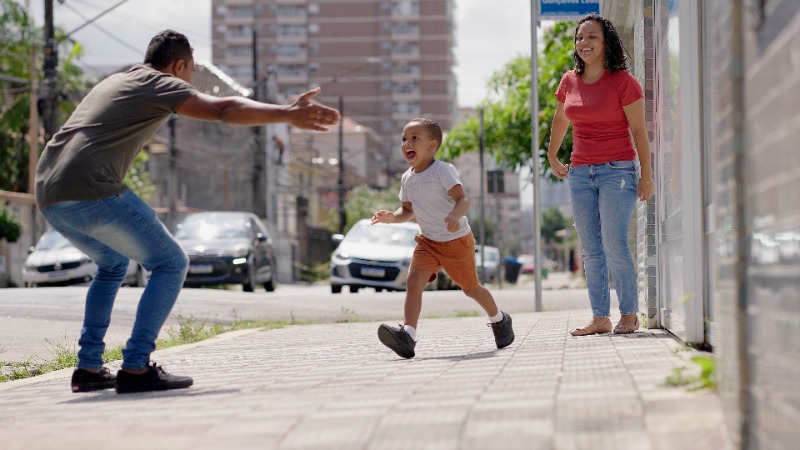
In custody and divorce actions in Virginia, the law favors keeping both parents fully involved in their children’s lives. In many cases, parents are encouraged to work out a visitation schedule that gives the non-custodial parent sufficient time with the children to maintain a relationship with them. However, in some cases, this type of open visitation may not be in the best interests of the children.
What Is Supervised Visitation?
Virginia judges have the authority to order a person’s visitation with his children to be supervised. When this is ordered, a parent is only allowed to see his children in the presence of a “supervisor.” This person plays the role of supervising the visitation sessions to ensure that the non-custodial parent’s behavior is appropriate. In some cases, the parents are allowed to pick the supervisor. In other cases, the judge will appoint an individual or order that visitation occurs at a facility where the parent’s behavior can be monitored.
When Is Supervised Visitation Ordered?
Supervised visitation is not ordered simply because the custodial parent requests it. It is only granted when the parent proves it is obvious that it is not in the best interests of the child to allow unsupervised visitation. It may be required in these situations:
- The parent has made poor parenting decisions that have endangered the children’s safety or otherwise negatively impacted their lives.
- The parent has a history of physically abusing the child, engaging in other family abuse, or exhibiting anger management problems.
- The parent has been uninvolved in the children’s lives over a period of years. This can include the parent being incarcerated or absent.
- The parent has a history of serious mental illness.
- The parent has a problem with drug or alcohol use.
Do you have questions about supervised visitation? Discuss them with our experienced family law attorneys and learn how we can help. Call our office in Norfolk today to schedule your free initial consultation.
Related Links: |
